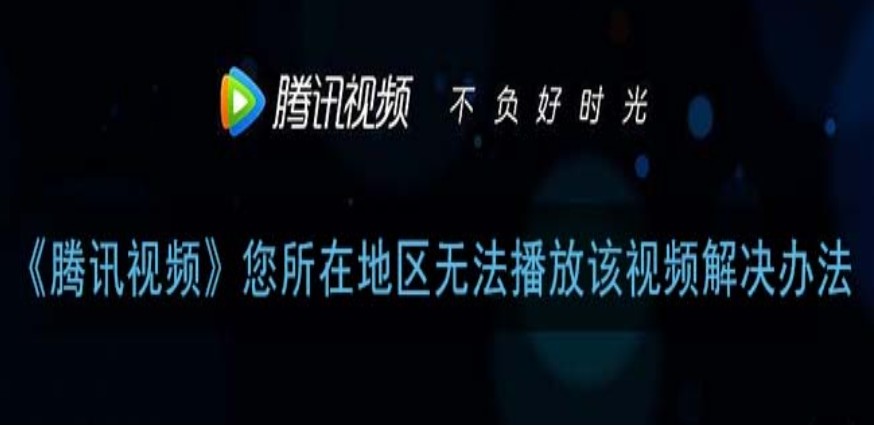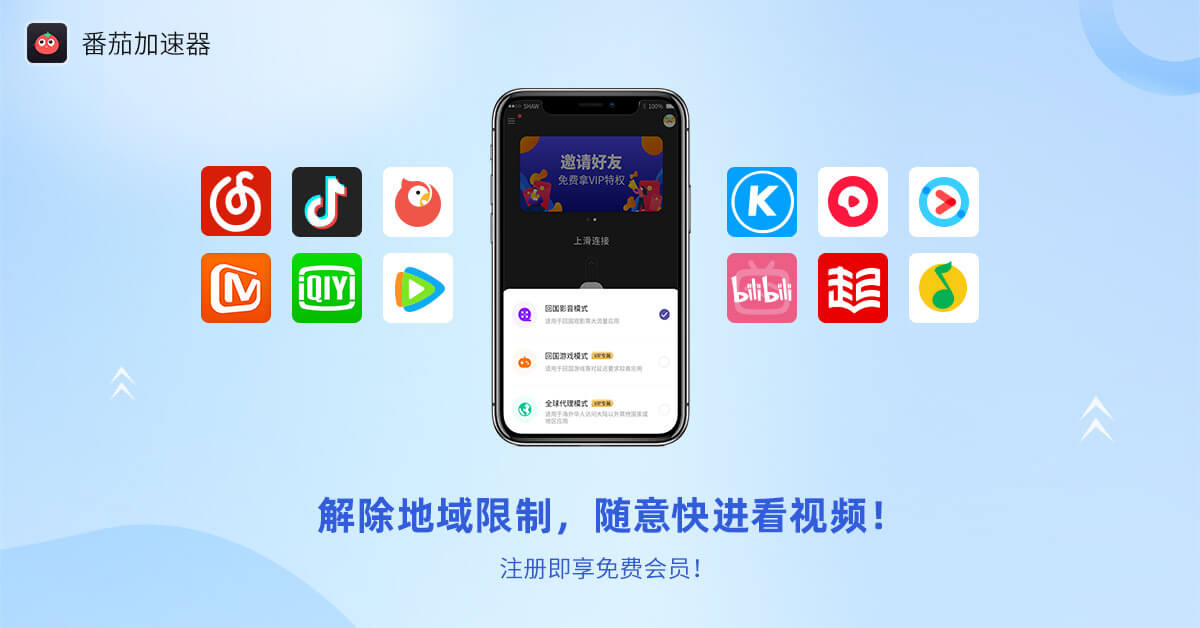在澳门怎么玩欢乐升级(腾讯)不卡顿:海外玩家加速器选择终极指南

Imagine you're in Macau, sitting down to play Tencent's Happy Upgrade (欢乐升级), only to be greeted by frustrating lag and disconnects. That's the harsh reality for many overseas players trying to enjoy domestic games like this one—geographical distance creates data bottlenecks, forcing your signals through slow, indirect routes. Ping spikes up, frames drop, and before you know it, you're staring at a disconnected screen during a crucial round. It can suck the joy out of your gaming sessions. The good news? A dedicated game accelerator is your ticket to seamless gameplay. This guide walks you through picking the right one, starting from your specific needs in Macau and extending to other global hotspots. We'll dive into core features like intelligent routing and platform support, ensuring you can hit those quick taps in Happy Upgrade without missing a beat.
为什么海外玩家总是遭遇游戏延迟?
The core issue boils down to physics and geography. Data packets traveling overseas take longer paths—think of it like a long-distance relay through crowded highways instead of a straight sprint. That's why games like Tencent's Happy Upgrade often stutter or freeze when you're far from servers based in mainland China. Ping times soar above 200ms easily—unplayable for fast-paced sequences. And it's not just about distance. Many networks throttle international traffic, prioritizing local services over your gaming connections.
地理因素是主犯
Living in Macau or elsewhere overseas means data has to traverse multiple hops across continents. It adds milliseconds that feel like hours in competitive moments. Smart accelerators tackle this with global node distribution. For instance, options like Tomato Accelerator map out servers worldwide, using algorithms to pick the optimal route instantly—dodging bottlenecks as if they were obstacles in-game. This cuts ping significantly, letting you focus on strategies rather than stutters.
设备和平台兼容性不能忽略
Many players juggle devices—switching from an iPhone to a Windows laptop between work breaks or late-night mobile sessions. If your accelerator only supports one platform, you're stuck with fragmented experiences. That's where multi-platform solutions shine, like Tomato Accelerator which handles Android, iOS, Windows, and macOS seamlessly. It even allows simultaneous connections across devices—one account powers your phone, tablet, and desktop. No reboots or reconfigurations needed when you switch from your daily commute to home rig.
挑选加速器必须关注的实战因素
Choosing an accelerator isn't about flashy ads—it's about reliable performance that fits your lifestyle. Start by identifying your game genres. Are you into casual RPGs like Tencent's offerings or VR adventures? For example, if you’re wondering "国外玩开飞VR用什么加速器," think about bandwidth demands: VR games chew through data with their immersive graphics. Smart routing tools can prioritize your game traffic over other internet use. Similarly, "在国外元气骑士加速器" needs become clear when considering indie gems like Soul Knight—steady ping matters for those frantic rogue-like runs.
Stable, unlimited traffic is non-negotiable. Buffering mid-boss fight or hitting data caps mid-stream kills immersion. Look for accelerators offering dedicated lines optimized for gaming and streaming, like Tomato's setup which gives you unlimited bandwidth with 100M pipes reserved for games and media. Intelligent systems divert your traffic—keeping game packets on express lanes while browsing stays in slow lanes. The result? Smoother sessions without worrying about throttle surprises during peak hours.
安全 and support layers make all the difference
Data breaches or leaks should never haunt your gaming moments—imagine personal info exposed because of a flimsy connection. That's why encryption matters deeply. Top-tier tools encrypt every transmission, shielding your credentials and play data. Think of it as an invisible armor wrapping each packet. Beyond that, real-time support ensures issues get squashed fast. Tomato Accelerator teams keep watch around the clock—you’re not alone if setups glitch or nodes act up. They’ll help tweak settings via chat, turning potential frustrations into quick fixes.
从澳门出发,应用这些选择技巧
Putting this into action starts with your location. In Macau, prioritize nodes closest to China—many accelerators have Hong Kong or Guangzhou servers. Test them during your peak play hours and track ping improvements. For VR enthusiasts tackling "国外玩开飞VR用什么加速器," emphasize bandwidth allocation—dedicated lines prevent lags that kill immersion. If you play Soul Knight, optimize your accelerator for low latency: even minor spikes mess with dodge timing. Gradually evaluate features like multi-device logins—if you share a family plan, one Tomato account covers everyone's gaming on different gadgets.
Long-term, think scalability. Games evolve—new updates demand more. Can your choice adapt? Look for tech teams behind the scenes, ready to update routes or fix bugs without downtime. These aren't extras—they're necessities for maintaining that arcade-smooth feel from your home in Macau to adventures abroad.
Wrap it up with real-world testing
Finally, trial periods are gold. Before committing, run tests—play Happy Upgrade with the accelerator on and off. Measure average ping differences. Use that as a benchmark for performance claims and identify any hiccups. This hands-on approach saves headaches later, turning theoretical advice into tangible victories in your daily play.

Back to our opening scene: Macau gamers facing off in Tencent’s Happy Upgrade deserve frustration-free battles. With the right accelerator, like one harnessing global nodes, multi-platform flexibility, and encrypted stability, you conquer the delays. Whether it's "在国外元气骑士加速器" needs or that VR quest, this guide lights the path to zero-lag bliss. Now, grab that device, fire up the game, and let the smooth sessions roll—no more missing out on the fun.
